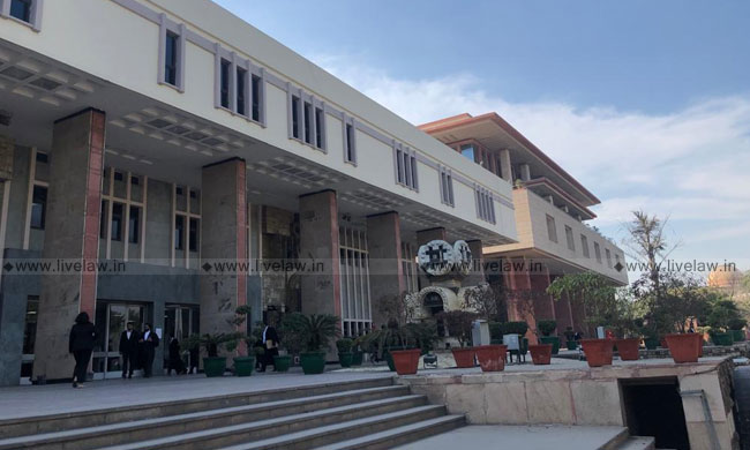Coal Allocation Per Se Does Not Amount To "Proceeds Of Crime" Under PMLA: Delhi High Court
Nupur Thapliyal
19 July 2022 7:33 PM IST

Only concealed gains obtained from criminal activity can form subject matter of offence.
Next Story
19 July 2022 7:33 PM IST
